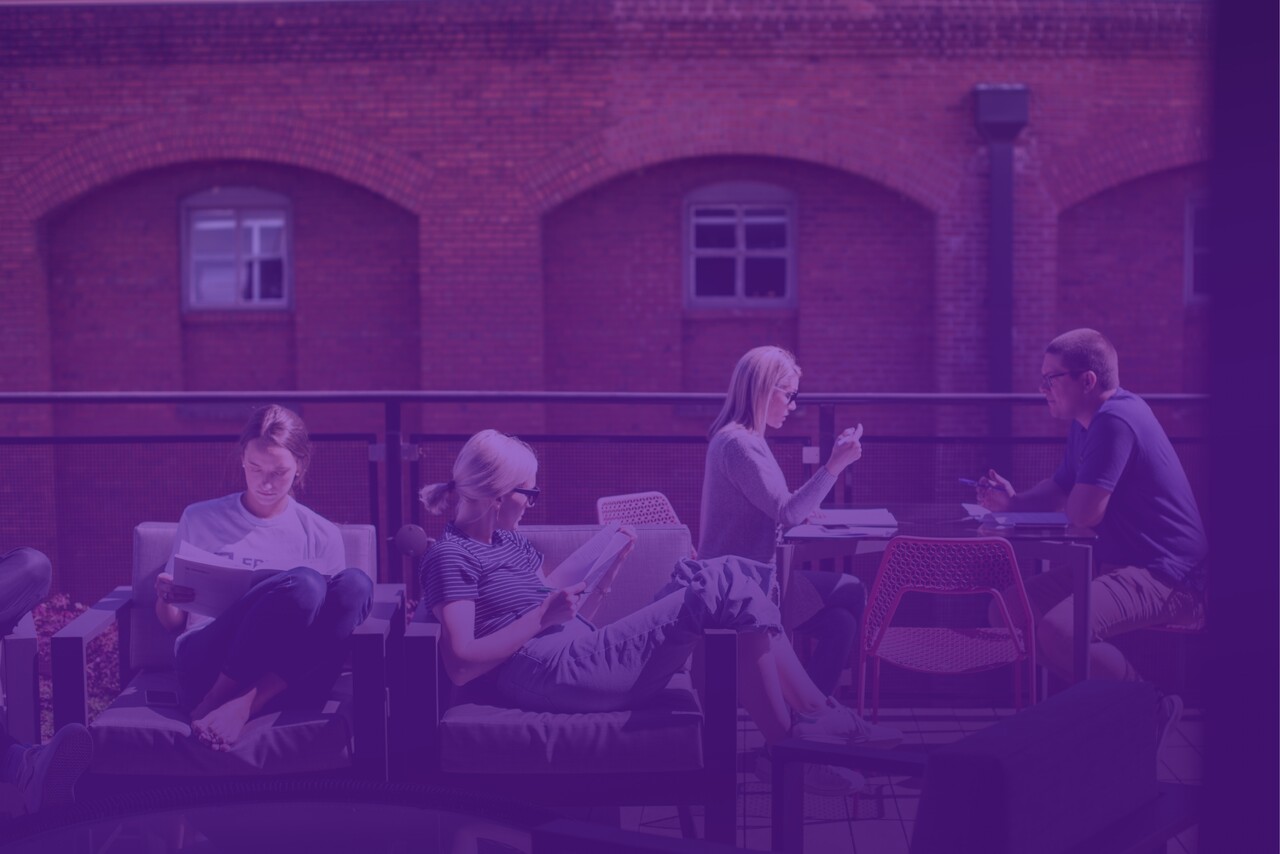How to Improve Employee Mental Health


While mental health — rightfully — became a larger part of the public conversation during the pandemic, some companies have let it fade into the background as the pandemic subsides.
One of the individuals fighting to keep a proper place for mental health in her organization is Jessica Marucci, VP of People and Places at Catalyst Software. Jessica recently sat down with host Cassandra Rose on The BragWorthy Culture Podcast for an in-depth conversation on mental health in the workplace.
Catalyst offers a world-class customer success platform (CSP) that integrates with the tools organizations are already using to provide a single, centralized view of customer data. This allows customer success managers to proactively take the proper actions to prevent churn, like receiving automated alerts when a customer is not using certain features critical to their success.
Not Her First Startup
Jessica isn’t new to startups. Indeed, Catalyst is her fourth. Reflecting between projects, she realized that the ‘building’ was the real joy for her and that’s why she was so excited to join Catalyst and be part of that building process. She joined as employee number 18 and there are now nearly 100 on the team.
She believes the earliest stages of a startup provide people with an opportunity to do their best work without distractions.
Distractions can creep in through the most unexpected ways:
- Not knowing what it means to get promoted — or how to get promoted.
- Not having clarity on a career path.
- Failing to get feedback from those managing you.
Jessica doesn’t want her team members distracted, so she tries to pre-empt those distractions by offering the following:
- Clarity on a growth trajectory within the company, including paths to possible promotions.
- Personal development opportunities to help deepen competence in a current field while cross-training in others.
- Candid conversations with management about what success looks like in their job role.
That candor should also extend to senior leadership. The more employees feel genuinely heard by leadership, the more they will invest in their own growth within the company.
Not Meant to Be Remote
When Jessica came to Catalyst she had no vision of remote work. In fact, Catalyst was focused on being a New York-based firm. Parts of that vision included holding regular events in the company space and becoming an epicenter for tech and SaaS in New York. Six months into her role, the pandemic hit.
Despite its previous commitment to being a location-based business, Catalyst went remote early — about a week before many of its peers. The shift was so successful it took management by surprise. In fact, they noticed that people were communicating better and productivity was up.
The practice of the company-wide “virtual happy hour” may have thankfully passed, but there is not yet stability on the other side of the pandemic. Some companies have gone back to the office. Others have stayed remote. While others are experimenting with the hybrid model. Jessica encourages experimentation in accordance with the prevailing winds and preferences in the marketplace. “Recognize that what people want and what they need is different today than it was six months ago, and six months later it may be different again,” she says.
On the hiring side, Jessica doesn’t need any encouragement. In her last company, she worked in a hybrid system (“before hybrid was cool”). This gave her a roadmap for navigating issues that didn’t yet have a blueprint.
Shoutouts
Catalyst uses an integration that puts employee ‘shoutouts’ into Slack. These shoutouts offer praise, of course. But they also provide a moment in which the actions and attitudes of these top team members are contextualized within the company’s culture. Every quarter an MVP is picked from those who have received shoutouts.
This practice is now embedded in the organization. Jessica recalls a situation in which a customer had a specific need that required the help and input of multiple teams. Those teams put their heads together and helped figure things out. Subsequently, they gave shoutouts to each other, with no prompting.
Mental Health Days
Just as Catalyst moved from location-based to remote, it has also evolved from having no mental health benefits to a company with a focus on the mental health of its employees. Catalyst tries to encourage its team members to take advantage of the mental health days and weeks provided in their benefits package but it doesn’t tell them how to use that time.
Thinking about mental health wasn’t just new for the leadership team at Catalyst, it was new for employees too. Given that there was nowhere to “go on vacation” during the pandemic, people were hoarding their vacation days and working more. This led to faster burnout.
Mental health days mean different things to different people. For some, it can mean tuning out completely — no work, no emails. Jessica likes to use some of her days for self-care, including manicures and pedicures, but she also loves Inbox Zero so she’ll use some of her time to knock out some emails. She tries to convey to her team that there is no right way to take mental health days, it’s just important to take them.
Some organizations have rolled back or eliminated mental health benefits. Jessica believes this is a mistake. She’s seen her people thrive as a result of being able to take time to recharge, removing this benefit would be harmful to her team.
Check Out the Full Episode
Learn more about Jessica, Catalyst, and the value of mental well-being by listening to our full interview on Apple or Spotify.
Looking to build your own BragWorthy Culture? Fringe can help. Fringe is the number one lifestyle benefits marketplace. Give your people the power of choice and save a ton of administrative headaches by consolidating existing vendors and programs into a simple, automated platform. Talk to our team to get started.

.jpeg)
